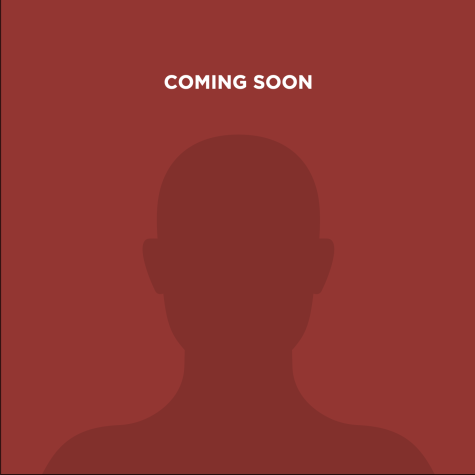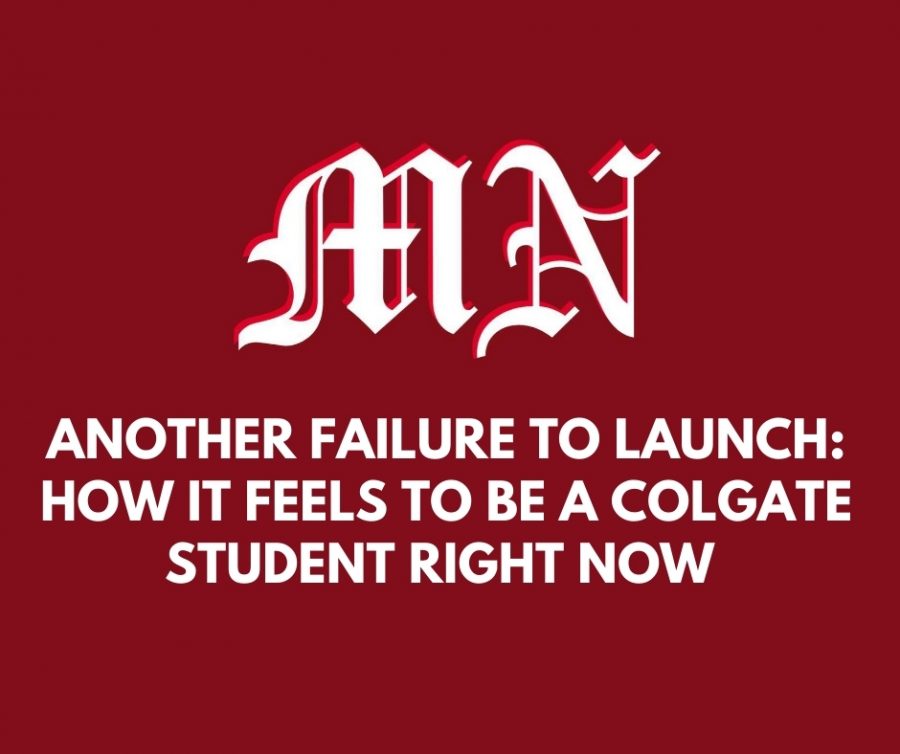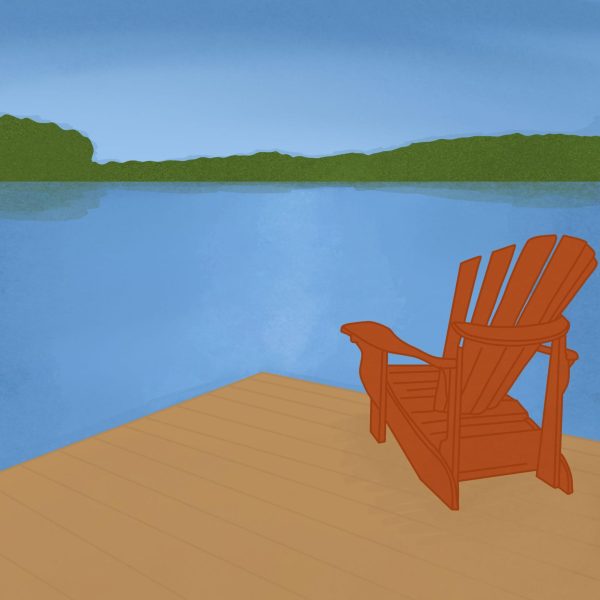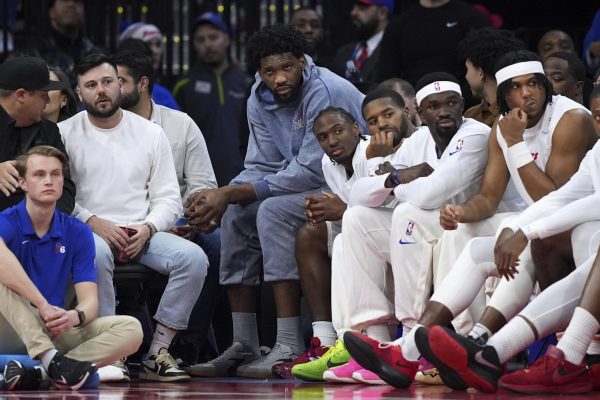Another Failure to Launch: How It Feels to Be a Colgate Student Right Now
In mid-March, post-apocalyptic closing of schools, stores, abroad programs, restaurants and quite literally everything else, editor-in-chief emeritus Kate Hinsche eloquently put words to the post-grad experience. She writes, “Sitting on my couch in the same sweatshirt I’ve worn for a week, my cap and gown delayed in the mail, graduating during COVID-19 feels like nothing short of a failure to launch.”
Now, six months later, as a Colgate senior navigating her last college semesters mid-pandemic, I carry Hinsche’s words. Although I thought I understood the concept of “failure to launch” at the time of Hinsche’s musings, I feel it now. I exist in those three words. Hinsche’s phrase is exactly how it feels to be a Colgate student right now; another failure to launch.
Let me be clear: so far, Colgate students have proved me wrong. We have acted safely and, despite a few viciously dumb decisions, most Colgate students are doing the right thing. President Casey’s budding friendship with CNN is well-deserved. Colgate has taken on a moral and collective responsibility to students, faculty, staff and the local community that many colleges and universities could not handle or simply didn’t try to. I take pride in that.
That said: my day-to-day as a student has been extremely difficult and exhausting.
In the same way Colgate’s return to campus announcement in July did not untangle my anxious emotions, arrival on campus was not freeing and instead placed a heavy weight on my shoulders full of personal responsibility, fear of discipline and what being in the Wendt would be like. This closed, dystopian, big-brother-esque space that I found upon arrival is not the campus I left, nor one that I recognize. It felt exactly like a failure to launch.
Moving into my own apartment, out of the hovering presence of my parents, did not remove this weight. Neither did the success of our campus-wide quarantine or the increased freedoms of Gate 1. The weight did not lift — there was no launch. Rather, the weight redistributed, requiring repeated adjustment to carry the load.
Now, two weeks into Gate 1, instead of getting easier, heavier realities have set in. With no fall break, our opportunity to reset and get some much-needed sleep is gone. An exclusivity that took me three years to navigate has returned, no longer reliant on Greek life or clubs or residence halls, but moral responsibility to adhere to gathering limitations. The reality is that the Task Force was serious about holding us back in our Gate progression.
That familiar spike of lightness and freedom that come after arriving home after five hours of class, has flattened. The excitement for the weekend, two days uninterrupted by 50 pages of reading in one night and full of treasured hours in which you can genuinely push the suffocating pressure of work out of your brain, is now dull. Despite having more time this semester than I have had in three years, my work takes eons longer and I end the day exponentially more exhausted.
I am 100% more anxious than I have ever been, ever.
Glimpses of normalcy — a pizza at the brewery, a run in the woods, a walk down Willow Path on the way to the library, may ease the weight down from our shoulders for a span of five to seven minutes. But it lingers closely behind us, returns promptly, then settles deeply, no lighter than before.
What I really want to say is that most Colgate students are doing the right thing, and doing so at an enormous cost to their day-to-day happiness and mental well-being. Most understand that having a couple “room temperature bud light blues” is not worth risking our on-campus experience. We receive emails twice a week that say “Colgate Together,” and yet I think many of us are feeling very alone. I do not think many of the students are “keeping a running tally of days left until Thanksgiving,” as implied in the Sept. 14 daily digest. I, too, would rather talk about cod and dumplings, instead of the ramen I’m eating four times a week.
Instead, those of us that carry the weight of this environment and take COVID-19 seriously try to ignore the foreboding and doom that these emails often bring. Instead, we’re trying to make the best of it while helping our professors navigate Zoom technology, finding the most basic energy to finish our nightly homework after a particularly difficult day and mastering working out in a mask, all while trying not to misstep, as anyone can report you at any time. Trying, desperately, to launch.
I know you, as administrators and leaders of a university, are making sacrifices. But we are too, some of which I’m sure you did not have to make in your own time as a 20-something college student. And, it’s working. We’re doing it well.
What I ask is this: please do not underestimate how difficult this is. Please do not patronize what we have lost. Please consider this failure to launch and the weight that we carry. Understand that what “room temperature bud light blues” really means, for college students, is connection, acceptance and belonging. It means a potential for a date, intimacy, sexual experience. Letting go of the weight of piles and piles of assignments, social stress, exhaustion and homesickness. Learning resilience, time-management and confidence.
I miss planning an apple-picking outing without feeling like I need to solve the DaVinci code. I miss seeing how my friends have decorated their rooms. I’m upset that I can’t go to wine tastings with President Casey and it is beyond annoying that the Geese on Taylor Lake can gather in bigger groups than Colgate humans can.
I know there are some reading these words who cannot relate. For you, those who are feeling lighter, I hope you can find those who aren’t. I hope you can share how you’re doing it.
With campus-wide empathetic conversation and a genuine listening ear, maybe, just maybe, we can shake the feeling of a failure to launch. Or at least postpone it.
Kelsey McGeough is a senior from Weston, Massachusetts concentrating in English. She’s previously served as a news editor and staff writer. She is involved...

Kirby Goodman is a senior from Minneapolis, Minnesota concentrating in peace and conflict studies with a minor in political science. She's previously served as...








Erin Knauer • Sep 30, 2020 at 10:01 pm
Sending my most positive thoughts to you Kelsey and all Colgate students. I cannot imagine going through college right now, it’s just not fair. Hang in there and remember it’s temporary. There will be a post covid time, and while you cannot make up for the lost experiences, you can choose to live more presently. Cheers from a fellow navigator of these tumultuous times.
Jack Smith • Sep 29, 2020 at 4:30 pm
Couldn’t agree more Kelsey. This is awful for our mental and physical health. Let us have some fun, this is making the trip home seem more and more attractive.
Nancy Sloan • Sep 28, 2020 at 12:57 pm
I expect to see Kelsey McGeough’s name as an editor on one of the leading newspapers in the very near future.
Elaine McGeough • Sep 27, 2020 at 6:47 pm
Kelsey—I’ll try not to be “ long winded”—but I identified with all the feelings you expressed!!! As I am a 78 ( going on 79 in Dec.) year old grandmother—who wakes each day with the overwhelming feeling that I must not only make my “TO DO LIST” but must cram as much of life as possible into the 16 hours of awake time as I can!!! Making sure that I include the most important experiences into my (who knows ) how many years I have left!!! So often the laundry sits in the laundry basket—while I head to pick up seagull feathers and clam shells on the beach!!!(I’ve been called “Crazy Nana” since Kelsey was born) I then make sure I spend time at my local family run coffee shop where I know I can share my innermost thoughts and concerns openly with my friends.These simple things—give me strength and a calmness—so I can face the days ahead! I have lived many of my 78 years making the most of each day—but now even more so—because each moment is precious! So as the old saying goes “ live one day at a time” Miss you—Love you!! “ CRAZY NANA”